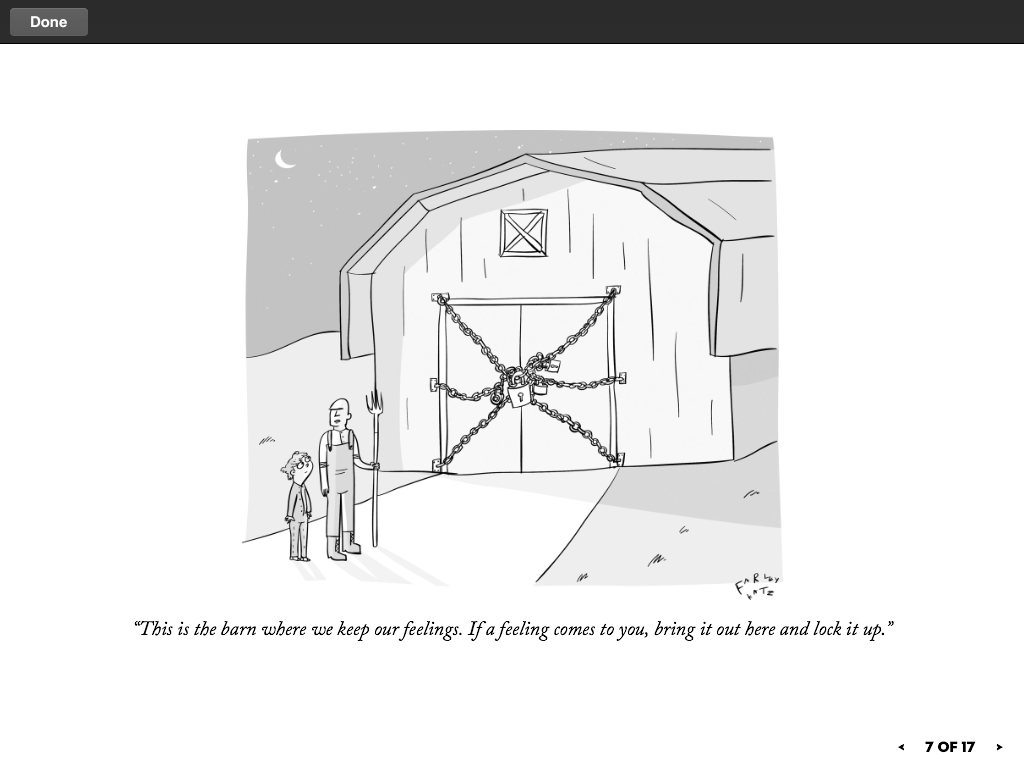It’s a short book. It’s clearly in part autobiographical. Yet it’s presented as fiction.
It describes present-day Nigeria, but it’s really about
various uses of language, some to express, others simply to deceive. Indeed expression may be at least in part
always deceptive. Like memoir presented as fiction. What is true and what is not? Can there be such a thing as truth?
Cole represents Nigeria as a country riddled with corruption
and deception. From internet scams to street crime enabled by verbal intimidation
to false history to willful misrepresentation and honest attempts at
communication that inevitably fall short.
It’s all language, and language is inherently manipulative. There are
some hopeful signs in Nigeria. They are
mostly in the arts (yes, the magical and deceptive arts), and they have their
own limitations.
And then there are the author’s black-and-white photos interspersed
here and there in the text. What place can photos have in a work of fiction? The author’s photos? They further obscure the line between documentation
and fiction. They are blurred and unclear, subject to the interpretation of the
viewer but also suggestive representations of portions of the text. But they’re photographs (not drawings or
paintings).
 |
| A representation of Teju Cole |
Cole seems intent at exploring a gray zone where all must be
questioned, and where there are no absolute answers. He brings much of the ambiguity and resonance
of poetry to his prose. The writing is
clear and plain, and that also is part of the deception. Like the acquaintance that says “I’m just
tellin’ you how it is, man”, it’s hard not to trust him. But part of his point is that nothing can be
believed, nothing can be taken at face value, we all seek to deceive one
another, we all willfully misrepresent.
What makes the scam work is the false modesty, the appearance of
trustworthiness, the veneer of truthfulness. And the resulting isolation.
Ultimately the main character can only rely on himself, his
own values (even if conflicted and very privately held), his own
preferences. I guess Freud would quibble
with even that, but that’s all Cole has. It’s lonely and disheartening to think
that any human communication or connection is in part deceptive. Are we all
just authors doing our best to create in a world where publication must always
include misrepresentation and skepticism? Perhaps.
Should that be the case, I take solace in deception: the deception of honest communication, in the false comfort of empathy, and in generous caring for others. Works for me. Don't really care all that much if it's true. It’s my story and I’m stickin’ to it.
But it is a story.























